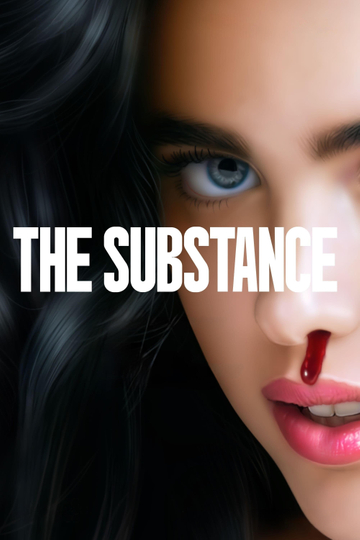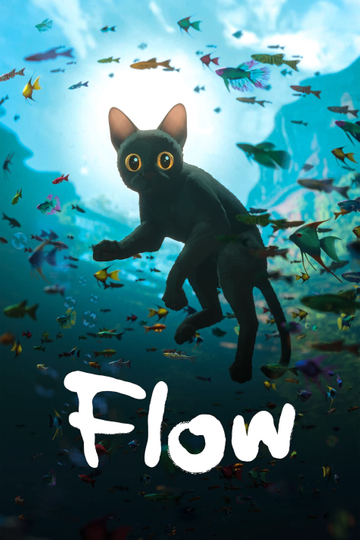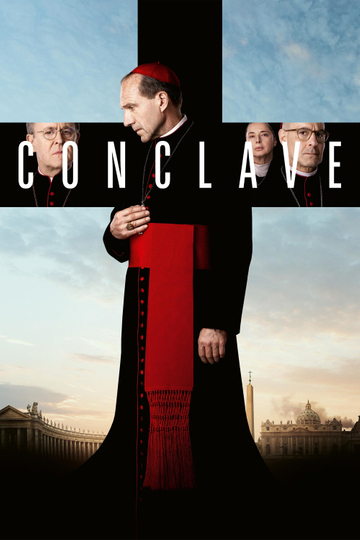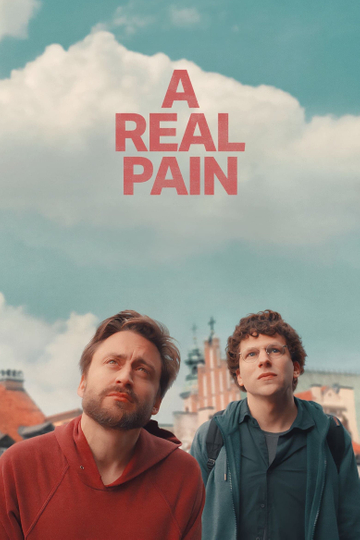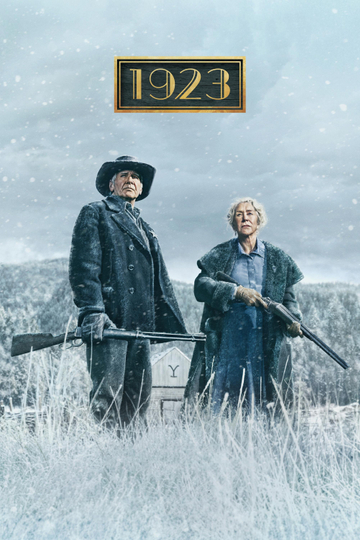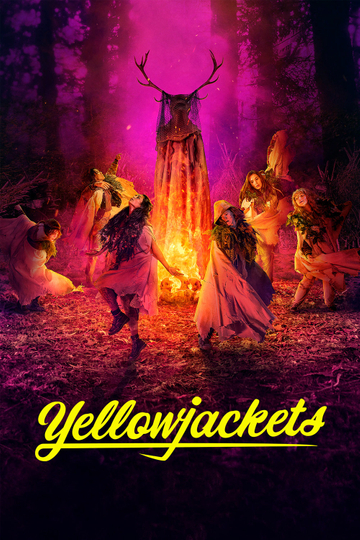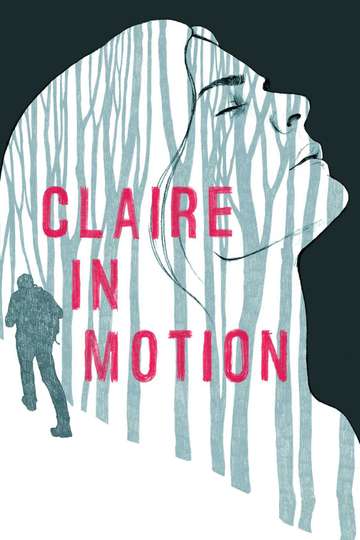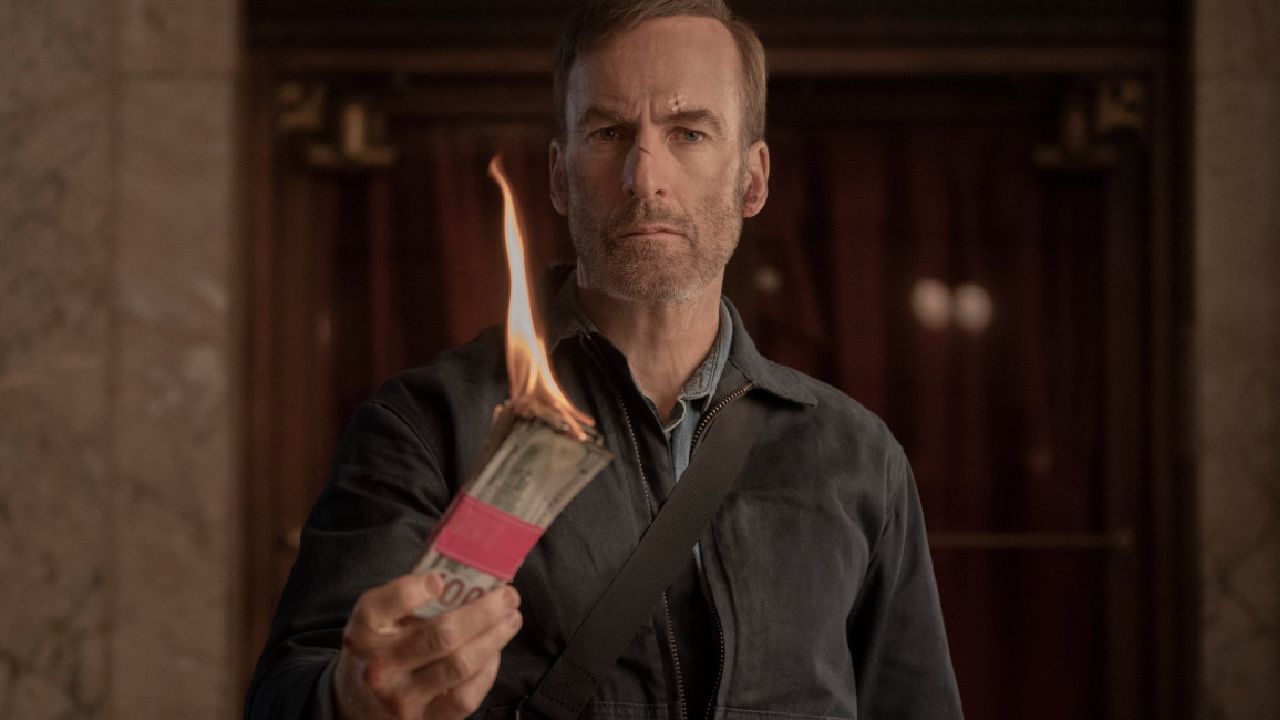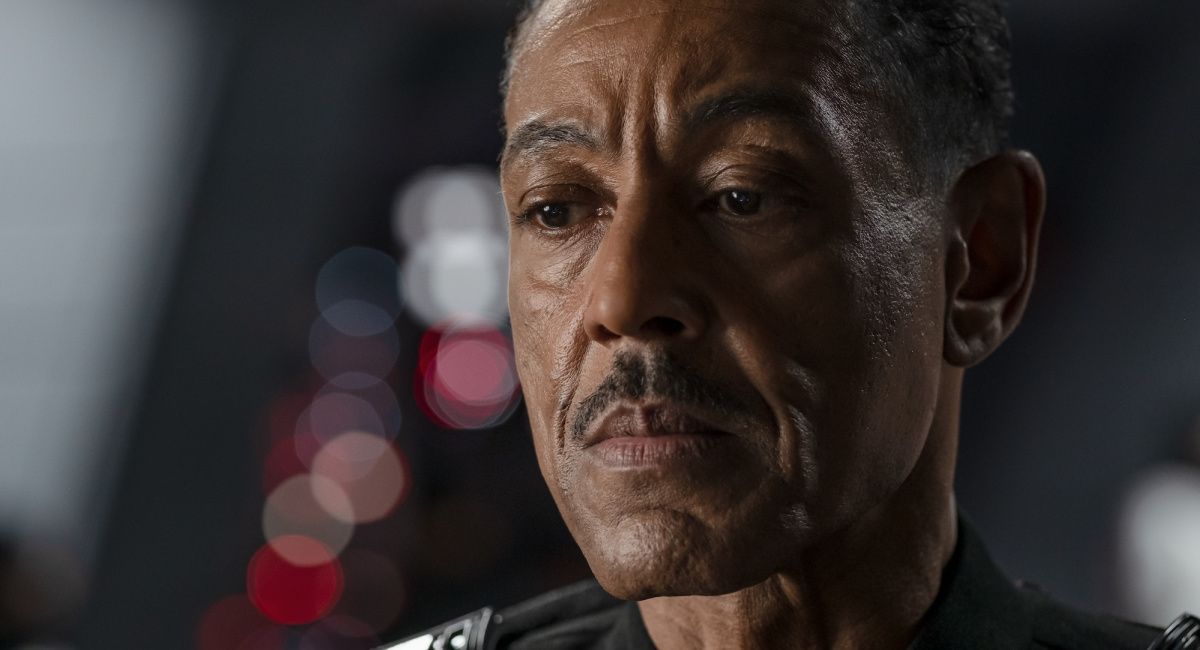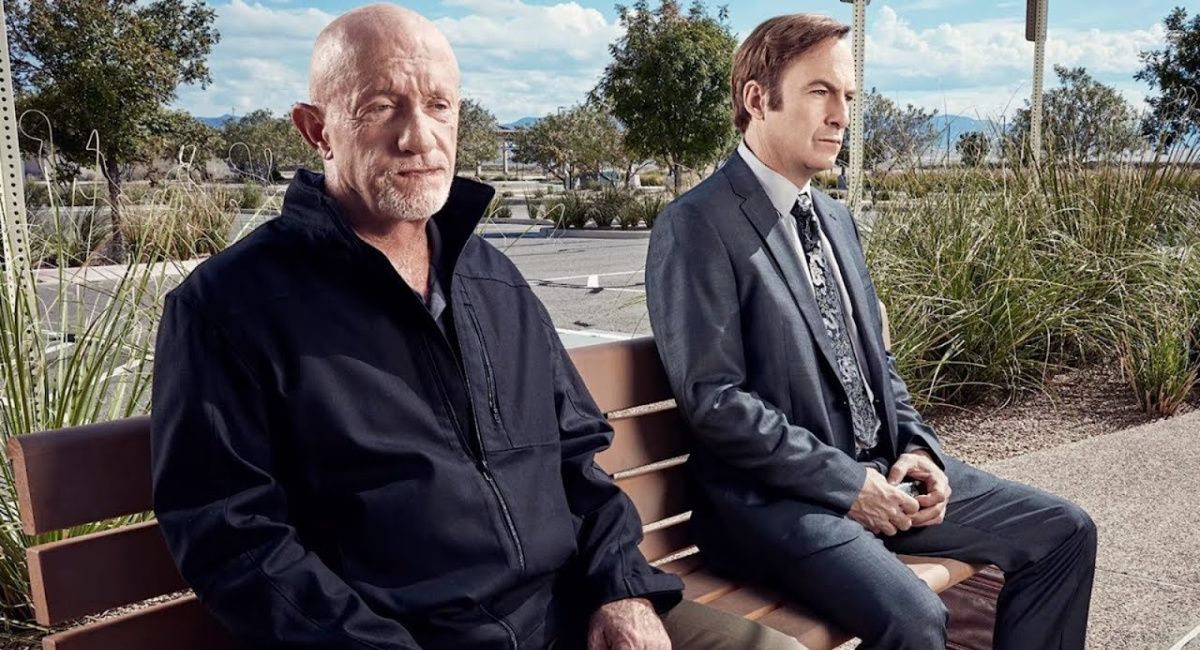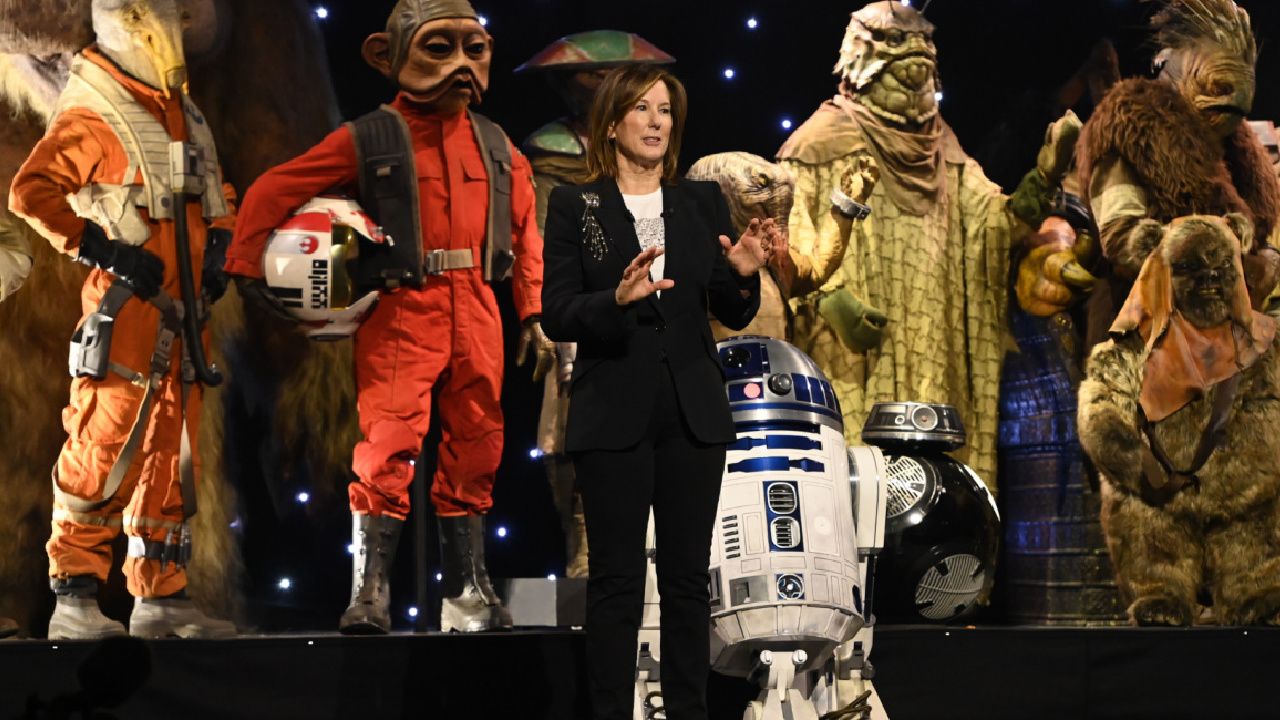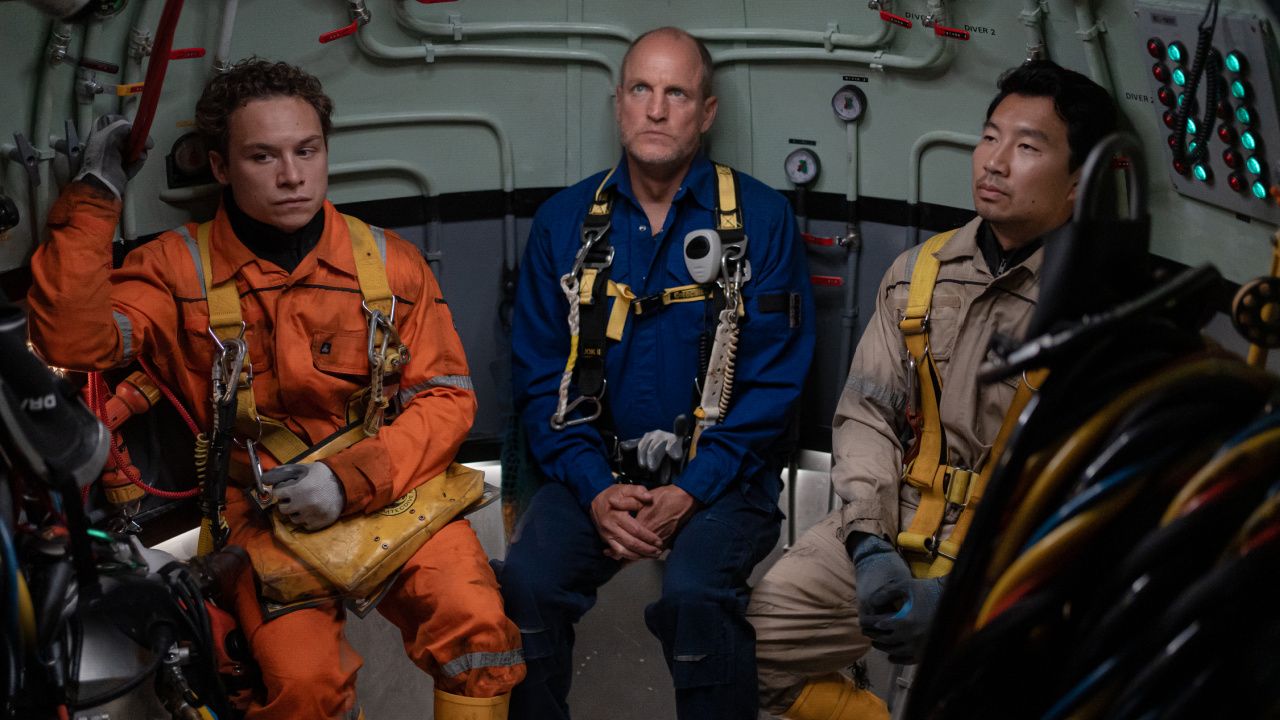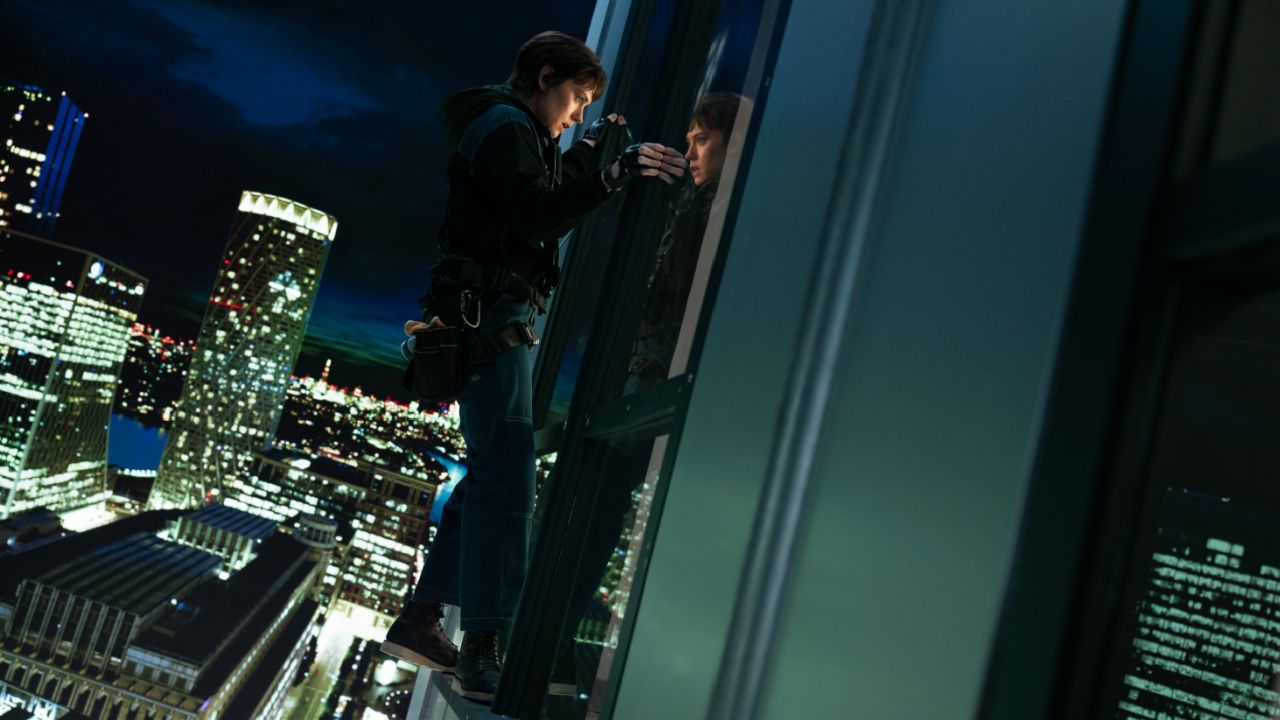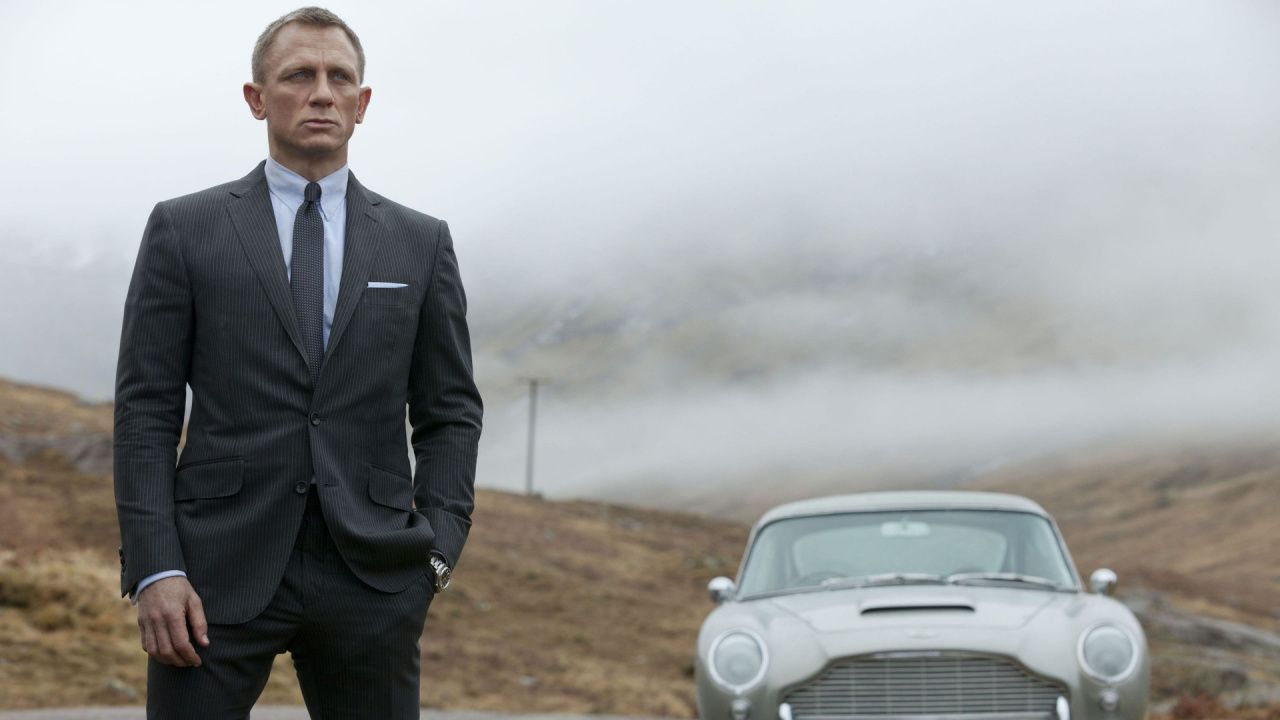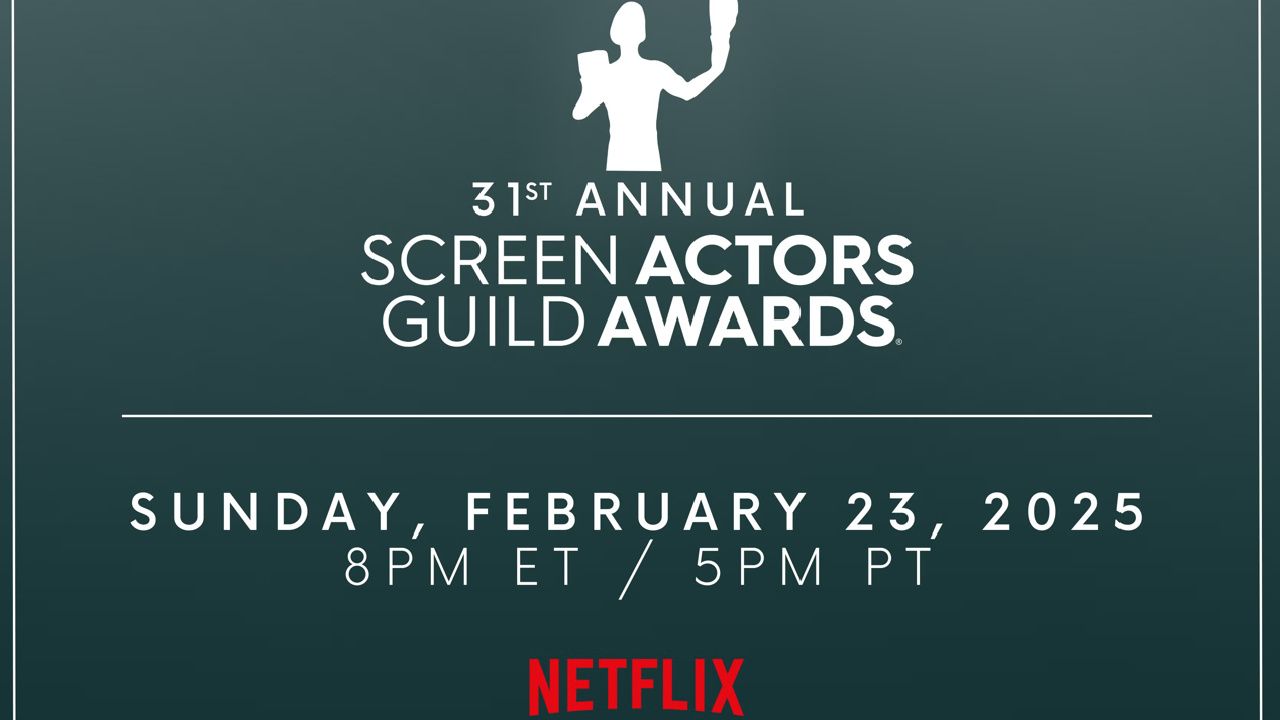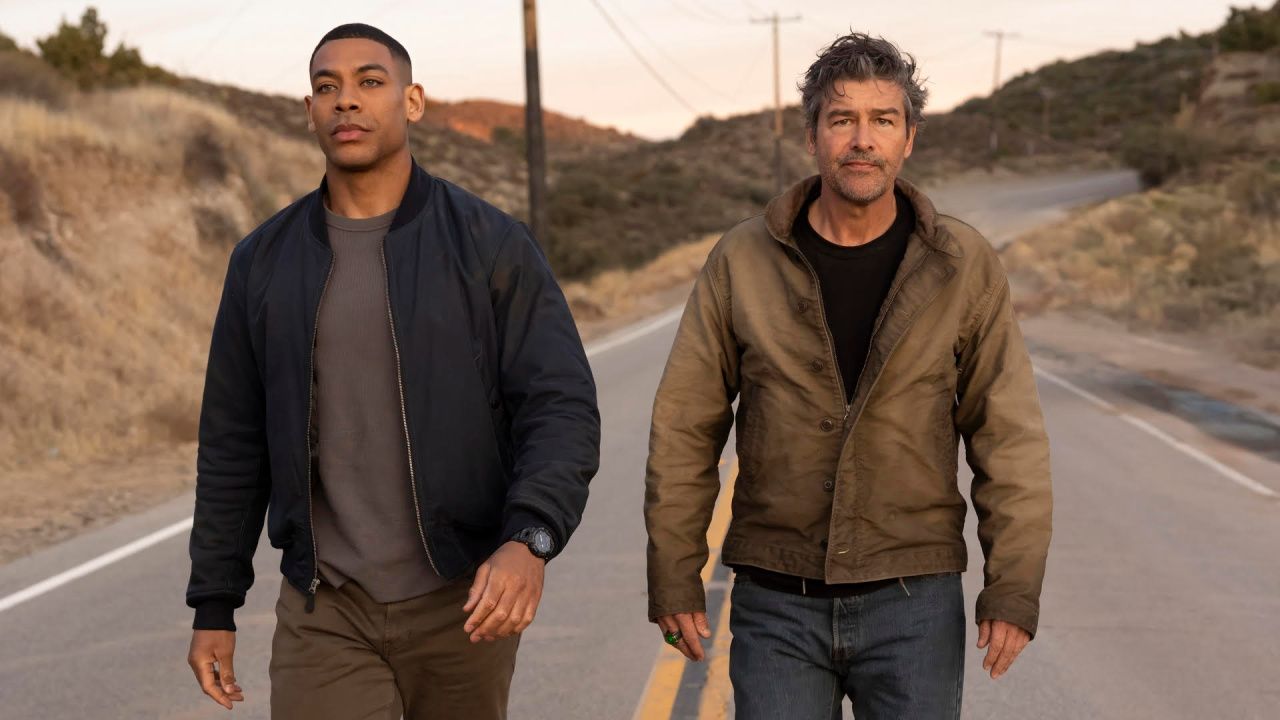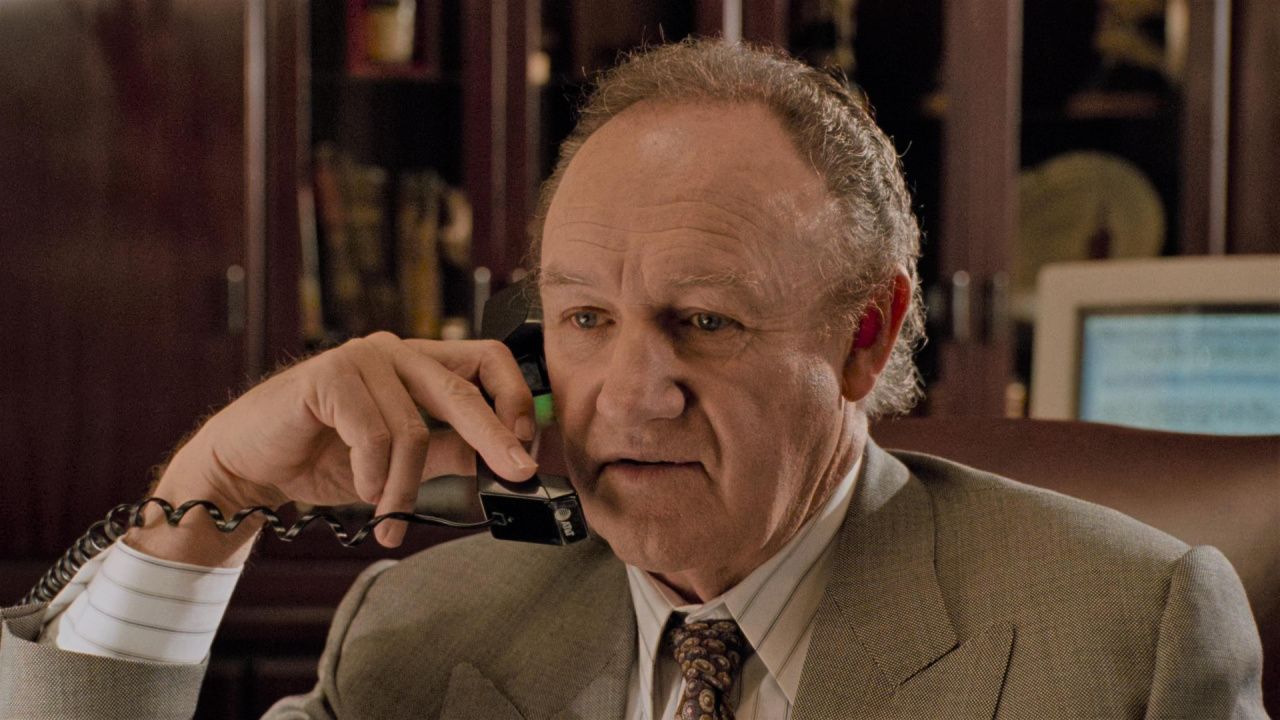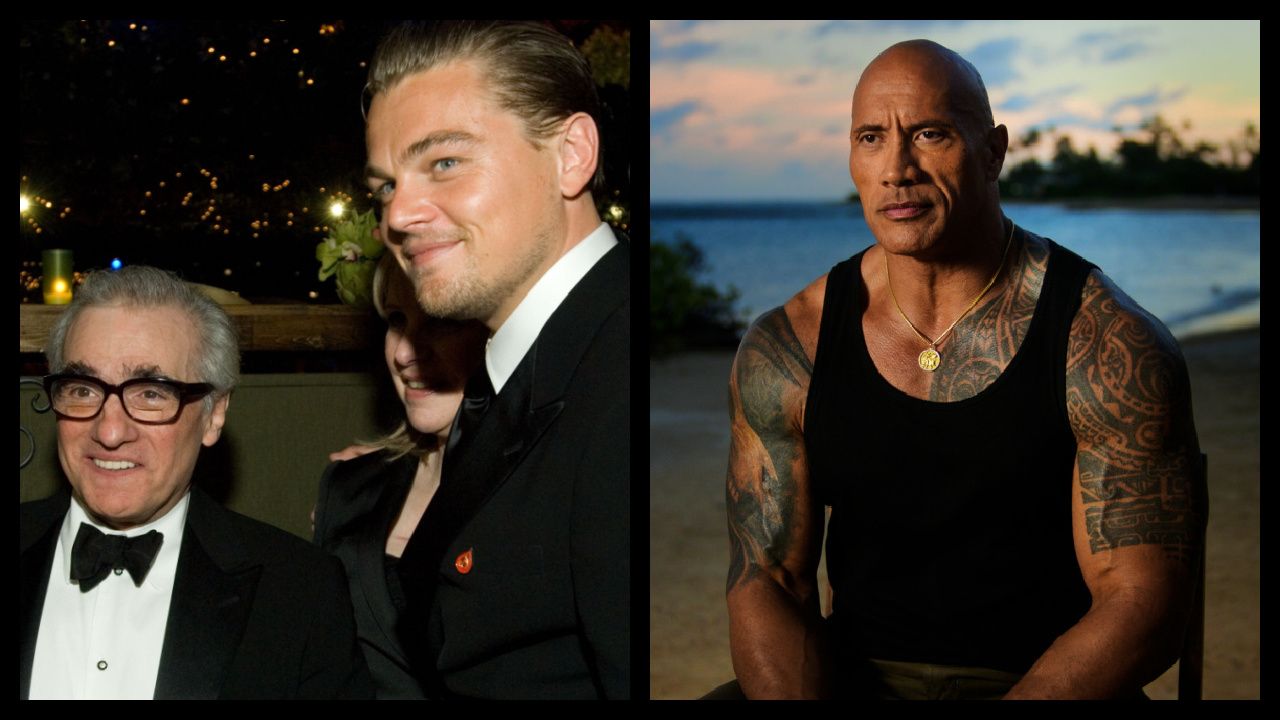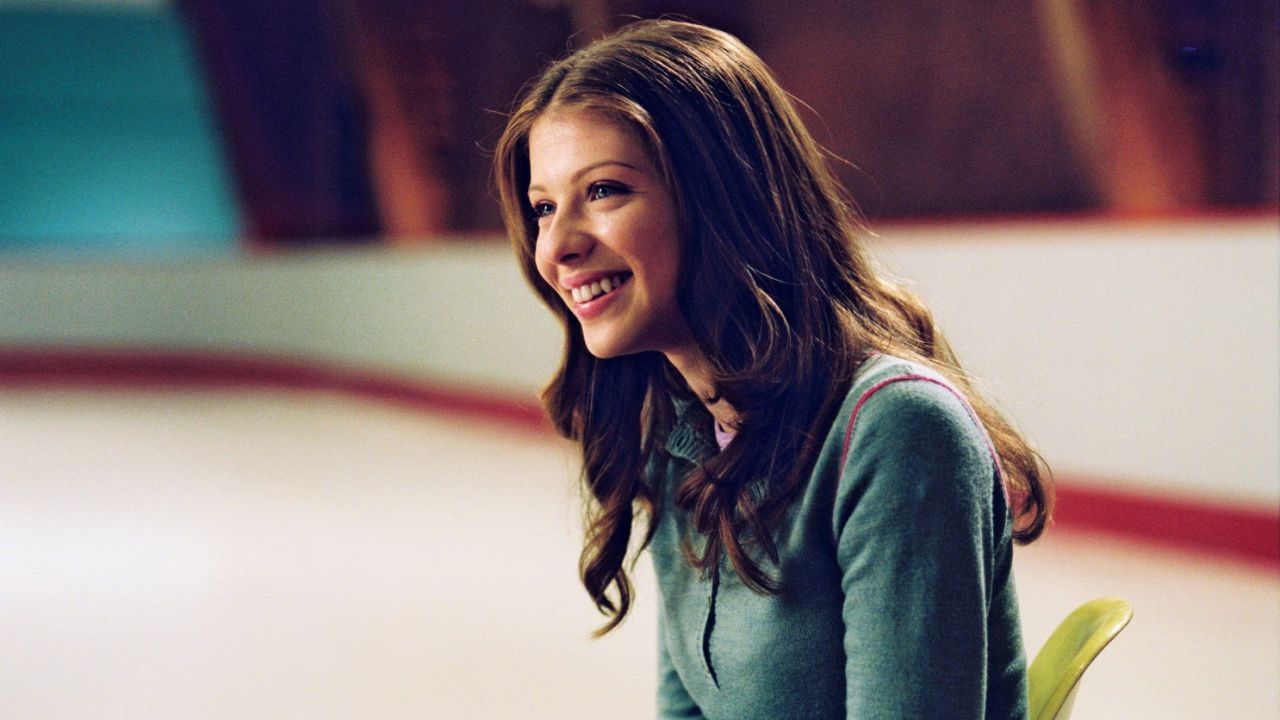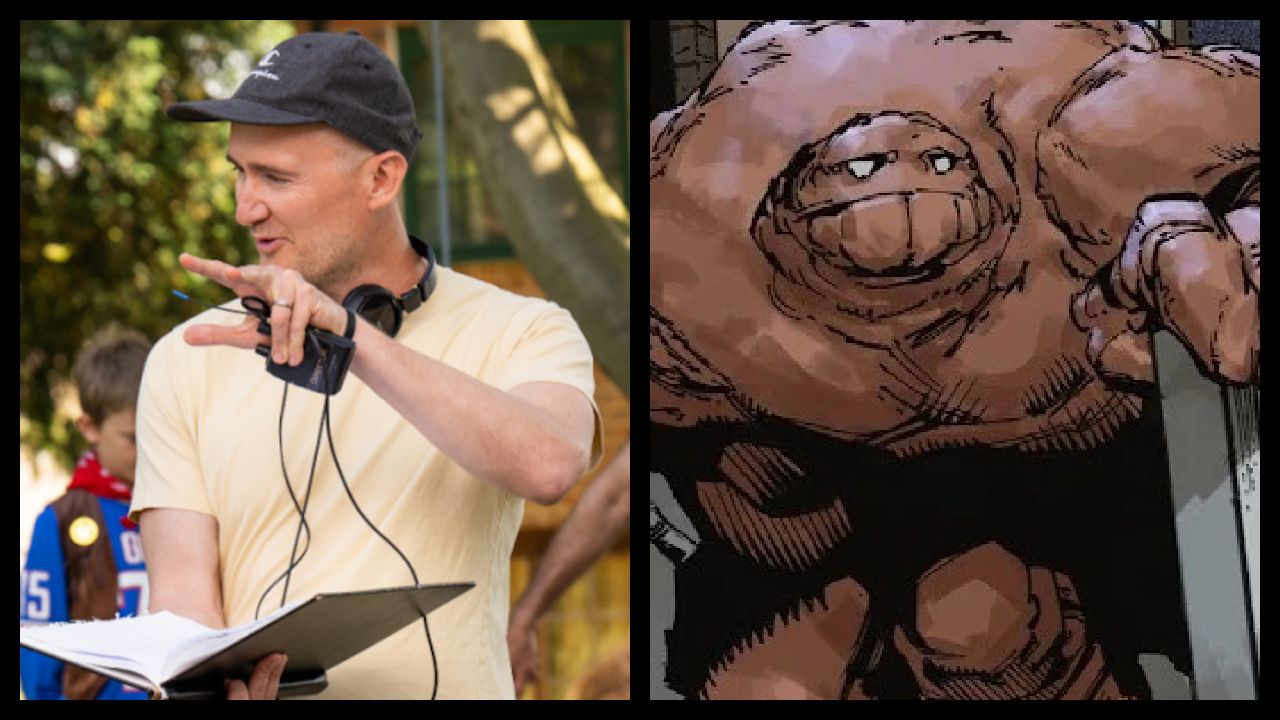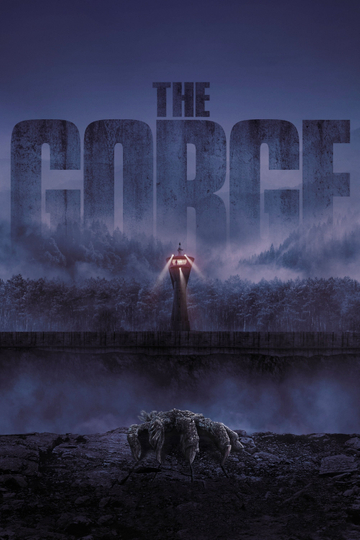Betsy Brandt Shifts From Comedy to Dark Indie in 'Claire in Motion'
Betsy Brandt wants to make you laugh. And then make you cry. And then make you laugh a little more. And maybe cry again after that.
After her major breakthrough playing Marie Schrader on "Breaking Bad," Brandt's career path has been highlighted by a facility to shift between comedic and dramatic material, from traditional sitcoms like "The Michael J. Fox Show" to dramedies like "Parenthood" to historical dramas like "Masters of Sex" to her current gig, the uniquely structured family comedy "Life in Pieces."
When it came time to tackle a new and fairly heavy dramatic role, Brandt shifted from TV to film to take on a particularly challenging acting role in the stark indie movie "Claire in Motion," playing a woman whose frustrating attempts to discover the fate of her mysteriously vanished husband takes her down dark and unexpected paths, including learning that he'd kept an entire corner of his life -- and someone in it -- completely separate from the one he shared with Claire.
As Brandt reveals to Moviefone, her "Breaking Bad" experience set the bar for follow-up projects pretty sky-high, even when genre-gear-shifting as quickly as she can, and one of those new roads will almost certainly lead her to "Better Call Saul" -- and almost already did.
Moviefone: I was really struck by how hard it must have been to pull this performance off with so little dialogue to rely on.
Betsy Brandt: One of my favorite things about it! It's funny -- I'm looking at a play right now. I'm like, "She talks too much. I don't want her to say everything." One of my favorite things about Claire, I keep using the word intricate. I really wanted the audience to see what she's feeling. And for me as an actor to play it like that is definitely much more interesting than just, I say "I'm angry," and that's how you know I'm angry.
I thought the writing was so good, and I really loved working with [filmmakers] Annie [Howell] and Lisa [Robinson]. It was great. It feels like it was a whirlwind, and 10 days ago. We did it in a short amount of time -- at my request, which I kind of was like, "Who was the idiot that said we should only do it in this many days?" I was like, "Oh, that was me, because of my kids' schedule." But it was really phenomenal to work on. And I feel like it turned out. I kind of feel like a jerk saying that because I'm in so much of it. It's so good.
That's what kept striking me about it, is how little you're literally telling the audience, but that you get it as the audience. You see it all, and you have to act that and count on communicating that without that much dialogue to lean on.
It's a lot of new information for her, which is kind of a goal when you act always. It's the first time it's happening. You haven't done three takes already. But for her, it's that kind of situation. People ask you, they're like, "What would you do if X? And you say, "I can tell you what I think I would do, but until you're in something like that, you don't know how you're going to respond." And that could be all over the spectrum, and she goes through ... it's not really stages of grief, because she hasn't accepted that, especially at the beginning of the film.
It was a roller coaster ride for me, too, given everything that I knew about her at said point, how she responds to seeing that tape. Is it him? Is it not him? How do I feel about it? I had to say, that was just such a gift from the writing that had so much there for me to continue to find, the entire time that we were working.
That's another interesting point: There's this threat of ambiguity that kind of permeates the whole movie.But also not. You get everything that's happening as it's happening, but she just has to deal with the ambiguity of it all. How was that to wrap your head around as an actor?
It's funny -- I know for me, and I think a lot of people just in life, we just don't like uncertainty. And we're almost not used to it anymore. It's like, you can get answers for everything. I was so struck when that Malaysian airline went missing. And so often things happen and we don't know the answers. Like, where's the black box? Where's the plane? Why can't we find it? That's just life, and the world, and the universe, that you don't get answers. And it just kind of drives you crazy to not know. You need to know.
I was talking about this with a friend of mine: I had a friend that had some medical things come up, and ultimately the doctor said, "We don't know. Is it OK to say we don't know?" And he was hesitant. He's like, "That's one of the hardest things to say. We ran all these tests. We still don't know." That's not the worst thing that could happen. It could be something awful. And it's just the not knowing, how to process that.
And on top of it for Claire, she thought she knew. It wasn't anything that would cross her mind. After playing her, I questioned everything in my own life. I'm like, if that can happen to her, that can happen to anybody. It's not a situation that's not impossible.
The question that the film would raise for anybody, whether the spouse disappears or not, is there a secret life that my partner has that I have no access to? What did that open up in your head?
Oh, my God. Everything. Not that I don't trust my husband, and then you have to look at yourself. Are there things that I don't want him to know that I do? Or that I say? Or conversations I have with people that I'm not comfortable telling anybody else, or why? It kind of made me think of how, not that you're a wildly different person with one person than another, but there's like sides of yourself that really flourish with certain people in your lives, and that can be good and bad.
Also, for me with Claire, I let the script continue to surprise me while we were shooting it. I thought it was one thing when I went into it, and then it just became so crystal clear to me like where he is, and that was a decision I felt I had to make for her. I have to say, once I accepted that there were no answers, because I like to do my homework when I do something, even whatever role.
I'm on a comedy right now. I still do, I'm like, "No, she did this in Season 1 at that point, so that's who she is." Because sometimes I feel like, A, it's less interesting to not just be like, whatever, that's funny, so we do it. I also, I think this is a big part of being on "Breaking Bad" for six years. They did not miss a beat. I'm not saying that I had that level of attention to detail, but you respect your audience. Otherwise, just do this in your basement and no one needs to see it.
The audience pays attention.
Absolutely. And I do. When I'm watching, I'm like, you can't have a character change horses midstream. Now they're a person who would do this when they never would have done, like there are things you have to earn, and I'm cool with that. I love that part of doing this.
And Vince Gilligan and his team, they do the same thing on "Better Call Saul," while also paying respect to everything that happened on "Breaking Bad."Do you look forward to getting a call one day from them?
Oh yeah! We've talked about it. I'm not going to lie. We've discussed it. Oh, absolutely. I would do anything to play with those guys.
Even if it was his scene to walk through because the timing was perfect for her to be there?
Yeah. He asked, actually, I didn't know about this until after it was done, thought about putting me in the finale of last season. And Vince was like, "Great. He's in the hospital. Marie can be there." Peter Gould was like, "Whoa whoa whoa whoa whoa whoa whoa."
At that moment -- and I'm also a fan of the show -- at that moment, he was like, "We can't have Marie." And I was like, "Oh no. When he's coming in, when Michael McKean's character is coming in, you should totally, definitely just have my character just walking around bitching at people dressed in purple. But for me, because I'm a fan of the show, I wanted to be on it. But also because I'm a fan of the show, that moment is not about her. That was so ... Oh my God!
Being a part of something of that caliber did great things for you. How did that affect the way you want to chart your career?
It's funny. I said to Vince, I'm like, "The best thing that you've done for me is also the only thing in which you wronged me, because it messes with your head. How do you choose anything after that?"
I remember looking at pilots the next season, and I went right into, we were still finishing "Breaking Bad," and I was starting "The Michael J. Fox Show," because to me, I just wanted to do a 180 and go from doing drama to doing a comedy. I had never done a comedy on TV before. If you're not a little scared with whatever job you're doing next, you've got to choose something else, I feel like. And I also think when Michael J. Fox wants you to play his wife, there's just one answer, and it's "yes yes yes yes yes." And then that show only did one season.
So next season, I remember telling Vince "Would you read script that I'm considering if I sent them to you?" He's like, "Yeah!" I'm like, "I don't know. I can't compare everything to 'Breaking Bad.'" So I look at a couple things. I want it to be good material. But I also look at, like, What do I need to be doing right now? And that might just be something that you do that you're like, you're going to flex some muscles you haven't ever used, or just need to be flexing at that moment.
And, ideally, whatever I do, it makes the next thing I do ... I'm even better at it. I feel like when I do a play, I always come out of that a better actor, regardless of what kind of play it is, if it's Shakespeare or whatever it is. A lot of it is just me as an actor. I do have people who help me, because I'm like, "Can I go do that play in like Arkansas?" And they're like, "No." I'm like, "I think it would be really good for me." So that's good, too. That's important, too, because that allows you to keep getting the jobs that you want to get.
When you went back to your day job -- which is, again, another 180 -- how did this make you better at that?
Another thing for me, too, that "Breaking Bad" got me, and I don't know if I mention this enough, the people that I worked with. From Vince, everybody, but that cast, everyone in that show made me a better actor. You have to have that.
Sure, not that I'm like, "No, I never want to be No. 1 and have it just be about me and my character. I think that's more interesting. That's more interesting to me. And when I took "Life in Pieces," they had already offered to Dianne Wiest. And I was like, "That's my show! If that's what they want, and I think she might take it, I want to go where she goes."
From this, I would think the biggest thing for me was, and I remember Vince used to say this, if you're lucky enough to work on a project that the writing is good enough to do this, let the script surprise you. And, of course, you want to do your homework and you want to make thoughtful decisions about your character, and then the choices that you need to make throughout the story that you're telling. Sometimes there are just places that they need to get to, and you need to get there.
But I did that with Claire. I let her surprise me through the whole way. Where she got to in the end, I don't know if I would have thought that's where she would have gone in the beginning. I was OK with that. And a big part of that was because I so trusted the people I was working with. I felt like they're just so intuitive and so talented. I knew when I met them that I wanted to tell their story, and that I would be in good hands. That's huge. That's huge. I don't know how you work with a director that's not really great.
What are you looking forward to for the back half of the season on "Life In PIeces"?
Oh, my God. I feel like Season 1 was so much fun. I remember saying to Jason Winer, there was a learning curve for me though. I said, I feel like I'm wearing a sweater that's not mine, and I'm supposed to make it look like it's my favorite comfy sweater. And now I feel like it is. I always did, because I love the people, but I so look forward to going to work. I'm always happy with what we do.
The further you get into a character in a show, you learn things about them where they get to surprise you, and you get to be surprised. It lets you just go a little bit deeper into the specificity and the idiosyncrasies of all these people. In this show, I love how they fit together. I feel like we see even more of that, which is so much fun to play, and then you play off the people that you're working with. I have to say, right now, this holiday season, I'm thinking about all these things that are going on in the world that I can't control, feels really good to go to work and be able to laugh, and ideally make other people laugh.
And the response that I've gotten from this show, it's been so great. People are, I think, just as excited about it as "Breaking Bad." It's newer, but they're just like, "Oh, my God. We love this." I feel like the show has its own identity too, and the more we get to know each other, it gets even more and more fun, which is incredible.
It must be fun for you to be known publicly, but to still be able to disappear, to a degree, into a role.
I think you have to. Right? That's the difference between being like a star and being an actor. I came out here to be an actor. I knew I was good at it. I knew that's what I wanted. There's other stuff that comes with that, and that other stuff is what helps you get the jobs you want, too. I don't complain about that either.
No, I feel really lucky that the business has allowed me to spread my wings. Sometimes you get kind of pigeonholed. It just happens. And then it's like, you do drama, that's it. That's what you do. We've seen you do that, we know you're good at it. We want to see you do more of that, and those are the offers that you get. But, I have to say, I really, really like doing the comedy. Like, right now, I'm doing "Life in Pieces," like, I want a good drama to sink my teeth into for hiatus. Something to just, like, bury your soul. Like, cry. Like, ugly cry.

